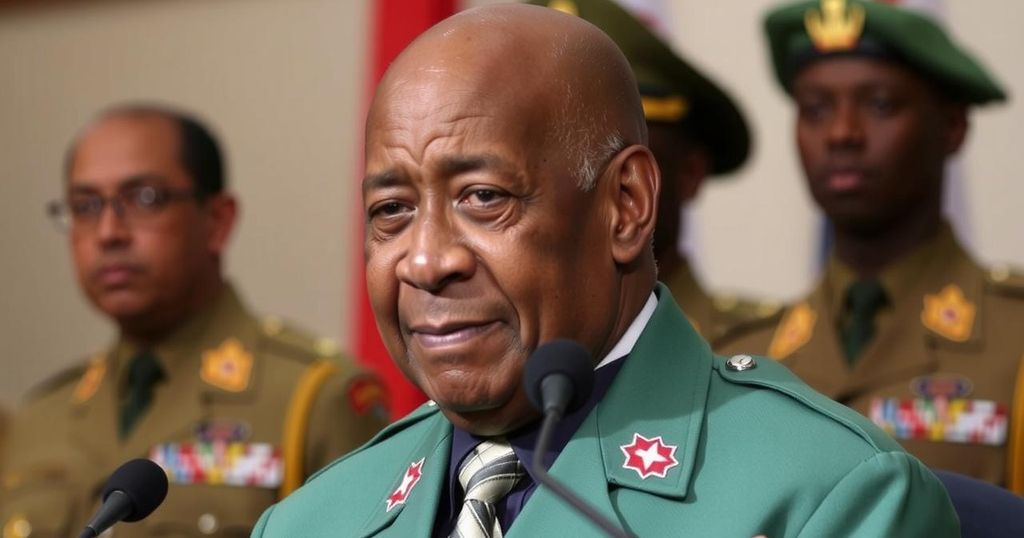Chad Holds Elections Amid Opposition Boycotts and Allegations of Fraud

Chad is set to hold elections after three years of military rule, with opposition parties boycotting the process due to alleged electoral fraud. The ruling party posits these elections as crucial for democratic transition, but allegations of ballot tampering and the absence of opposition candidates raise concerns about legitimacy. Violence in the region further complicates the electoral environment.
On Sunday, Chad will conduct legislative, provincial, and local elections, marking the conclusion of a three-year military rule. However, opposition groups are boycotting these elections, alleging that the previous presidential election was marred by fraud. The ruling party is expected to dominate due to the absence of significant opposition candidates, an outcome viewed by critics as undermining the democratic transition touted by the government. Opposition figure Succes Masra has urged voters to abstain, condemning the election as a perpetuation of a deceitful system. Allegations of ballot tampering and missing ballots have further heightened tensions surrounding the events. Despite the government’s assurances of a smooth electoral process, the backdrop includes ongoing regional violence, particularly from Boko Haram, and accusations of governmental abuses.
The electoral landscape in Chad has been heavily impacted by military rule since 2021, following the death of long-time leader Idriss Déby Itno. His son, Mahamat Idriss Itno, subsequently took power and was elected in a controversial presidential election last year. The current elections are being framed as a critical step toward re-establishing democracy after years of autocratic governance marked by violence against dissent. Despite government efforts to present a facade of legitimacy, the opposition’s claims of electoral malpractice overshadow the election process, thereby calling into question its integrity. The context further complicates matters, including regional instability and domestic unrest.
The upcoming elections in Chad are pivotal, yet marked by significant challenges due to opposition boycotts and allegations of fraud. As the government promotes these elections as a transition to democracy, the actions and rhetoric from opposition leaders indicate deep-seated frustrations with the current regime. The backdrop of ongoing violence from jihadist groups and have contributed to the unease surrounding this electoral cycle, potentially undermining any claims of a democratic revival in Chad.
Original Source: www.france24.com






